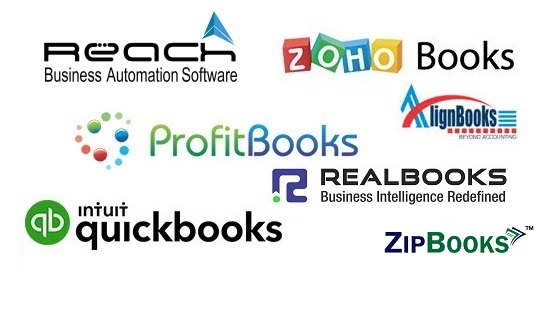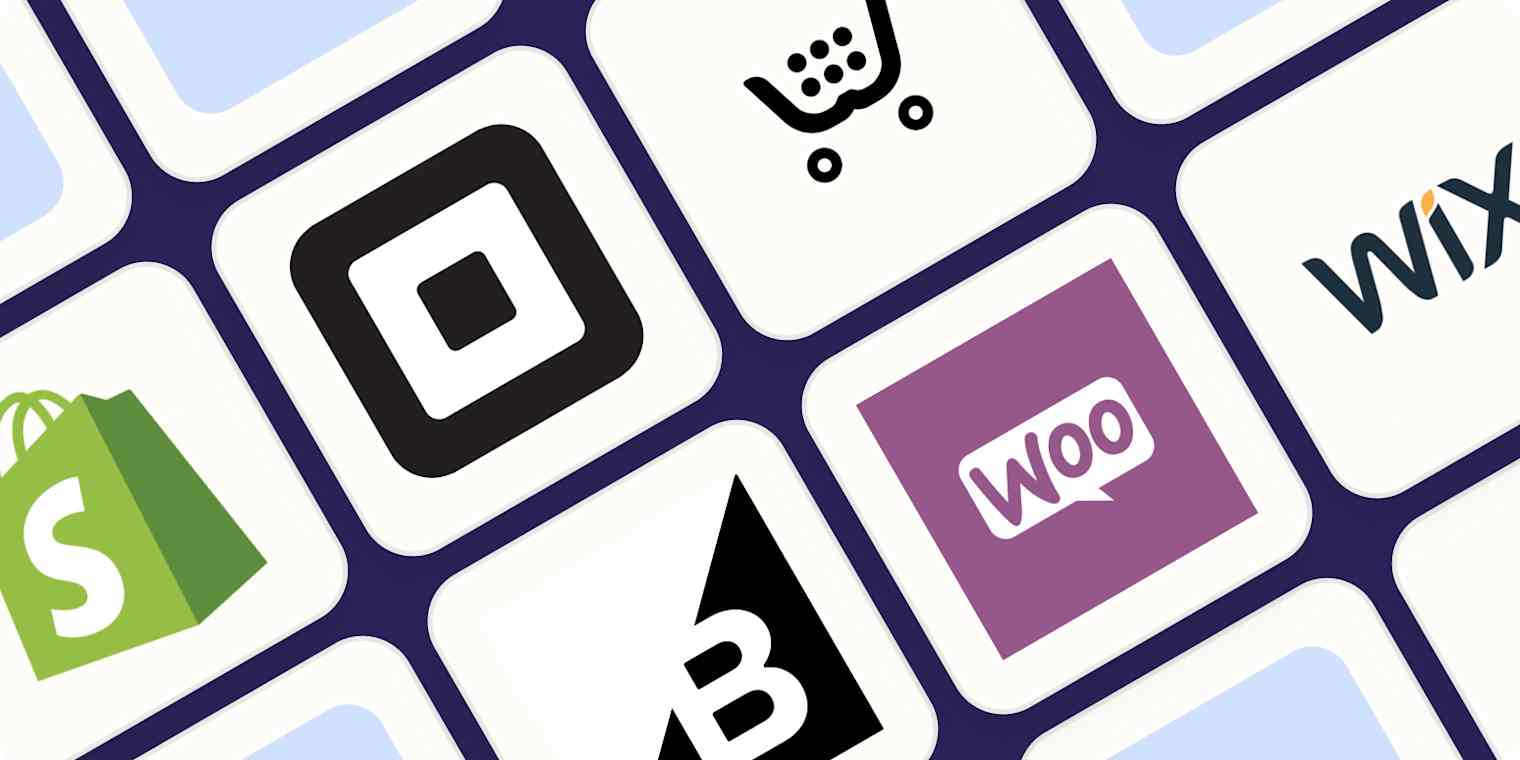When launching a startup, keeping track of your finances is one of the most important tasks. But spreadsheets alone wont cut it for long. That is where the right accounting software makes a real difference. In 2025, startups have more choices than ever, from simple free tools to smart platforms powered by automation. This guide compares some of the best options available now, so you can choose what fits your needs today and as you grow.
Today , we will take a look at Best accounting software for startups in 2025 on Mediafeed
Why Choosing the Right Software Matters for Startups
Startups have little funding. Accuracy cannot be compromised, time is limited, and funds are limited. In addition to saving you time, a good accounting tool also lowers errors, ensures that you are in compliance with tax laws, and provides you with a clear view of your financial situation. Early selection of the best accounting software for startups can help you scale more smoothly and avoid later costly errors. These are some of the best accounting software for startups

Best Accounting Software for Startups in 2025
Here are the best accounting software for startups :
QuickBooks Online
One of the most widely used programs for startups is still QuickBooks. It provides a variety of plans that are suitable for businesses at various stages and an intuitive user interface. They recently unveiled intelligent features that can classify transactions and automate invoicing. In addition to saving time, this lowers manual error rates. QuickBooks offers customisable plans that grow with your company whether you are just getting started or are already expanding.
Xero
Xero is frequently complimented for its strong features and elegant appearance. Its support for multiple currencies makes it an excellent choice for startups that anticipate conducting business internationally. The platform offers a comprehensive financial overview in one location by connecting with banks, payment services, and other tools. Moreover, Xero integrates with hundreds of third-party apps and offers robust reporting capabilities.
FreshBooks
FreshBooks is worth looking into if your startup is service-based or involves working on projects with clients. It excels in tasks like managing project budgets, tracking time, and creating invoices. The software is easy for non-accountants to use because it is clear and simple. You can quickly monitor your income, expenses, and profits thanks to the good reporting features.
Zoho Books
Part of the larger Zoho ecosystem, Zoho Books is a smart choice if your startup already uses other Zoho apps like CRM or email marketing. It comes packed with features like automatic bank feeds, GST compliance, expense tracking and project billing. There is even a free plan for smaller startups with annual revenue under a certain limit.
Wave
Wave is one of the best zero cost options for startups that want to avoid subscription fees in the early stages. It includes basic accounting tools like invoicing, receipt scanning, and expense tracking. While it lacks more advanced features like payroll and inventory, it covers all the essentials needed for freelancers and very small teams.
Sage Business Cloud and Intacct
Sage offers two main platforms for startups. The first is Sage Business Cloud which is more affordable and includes accounting, invoicing and cash flow tools. The second is Sage Intacct, built for startups with complex needs such as multi entity consolidation and advanced financial reporting. It also includes artificial intelligence that assists with forecasting and error detection.
Puzzle
Puzzle is a newer option built specifically for startups. It connects easily with other startup friendly tools like Stripe and Gusto. What makes Puzzle stand out is its use of smart automation. It helps categorize expenses, generate reports and flag errors before they become real problems. If you want fast insights without a steep learning curve, Puzzle is a solid option.

Quick Feature Comparison Table
| Software | Best For | Strengths | Limitations | Pricing Estimate |
|---|---|---|---|---|
| QuickBooks | Startups wanting flexibility and support | Automation strong brand reputation | Add ons can become expensive | Starts around 35 dollars per month |
| Xero | International or scaling businesses | Clean design global capabilities | Fewer payroll tools for US users | Starts around 25 dollars per month |
| FreshBooks | Service based or project based startups | Easy invoicing and time tracking | Not ideal for inventory management | Starts around 17 dollars per month |
| Zoho Books | Startups using Zoho or on tight budgets | Integrated suite with affordable plans | Limited third party integrations | Free to around 70 dollars per month |
| Wave | Freelancers and small teams | No cost simple interface | Limited features and support | Free |
| Sage Cloud | Established or complex startups | Advanced features multi company support | Higher learning curve and cost | From low cost to over 15000 annually |
| Puzzle | Tech focused startups needing automation | Real time insights smart suggestions | Still growing limited market exposure | Around 25 dollars monthly |
Conclusion
The best accounting software for startups depends entirely on your business model your budget and how much time you are willing to invest in managing your finances. From free tools like Wave to advanced solutions like Sage Intacct, there is an option for everyone. Taking the time to choose the right one now can prevent headaches down the road and help your startup stay on track financially from day one
Also Read : Top 10 Passive Income Ideas: Proven Methods for Beginners







